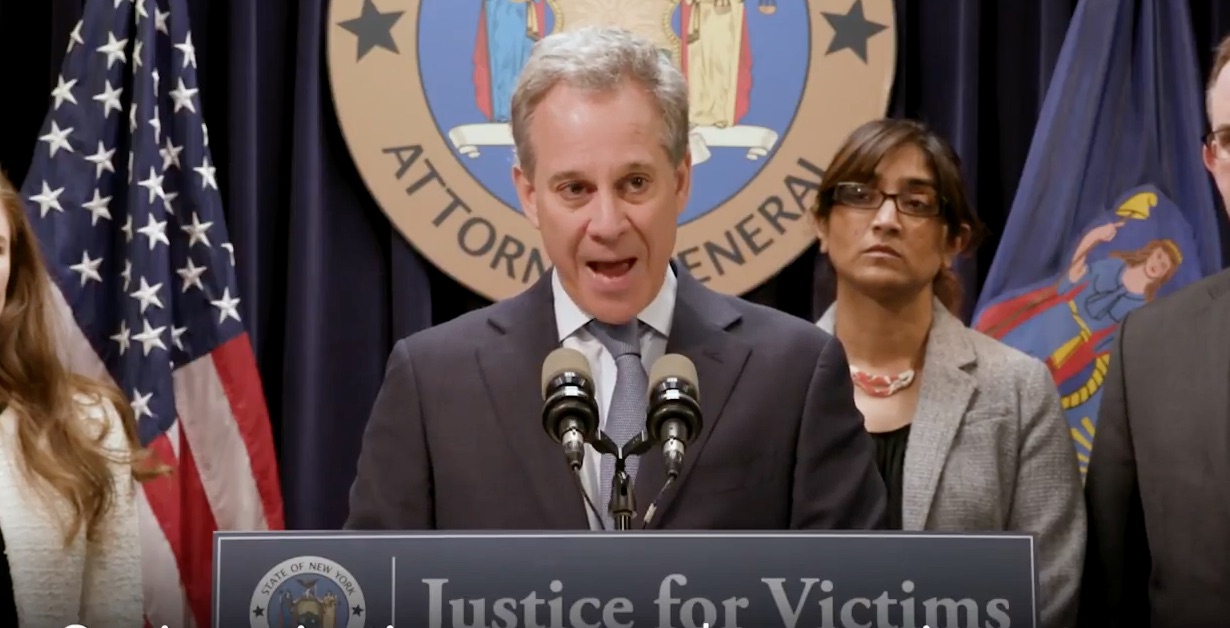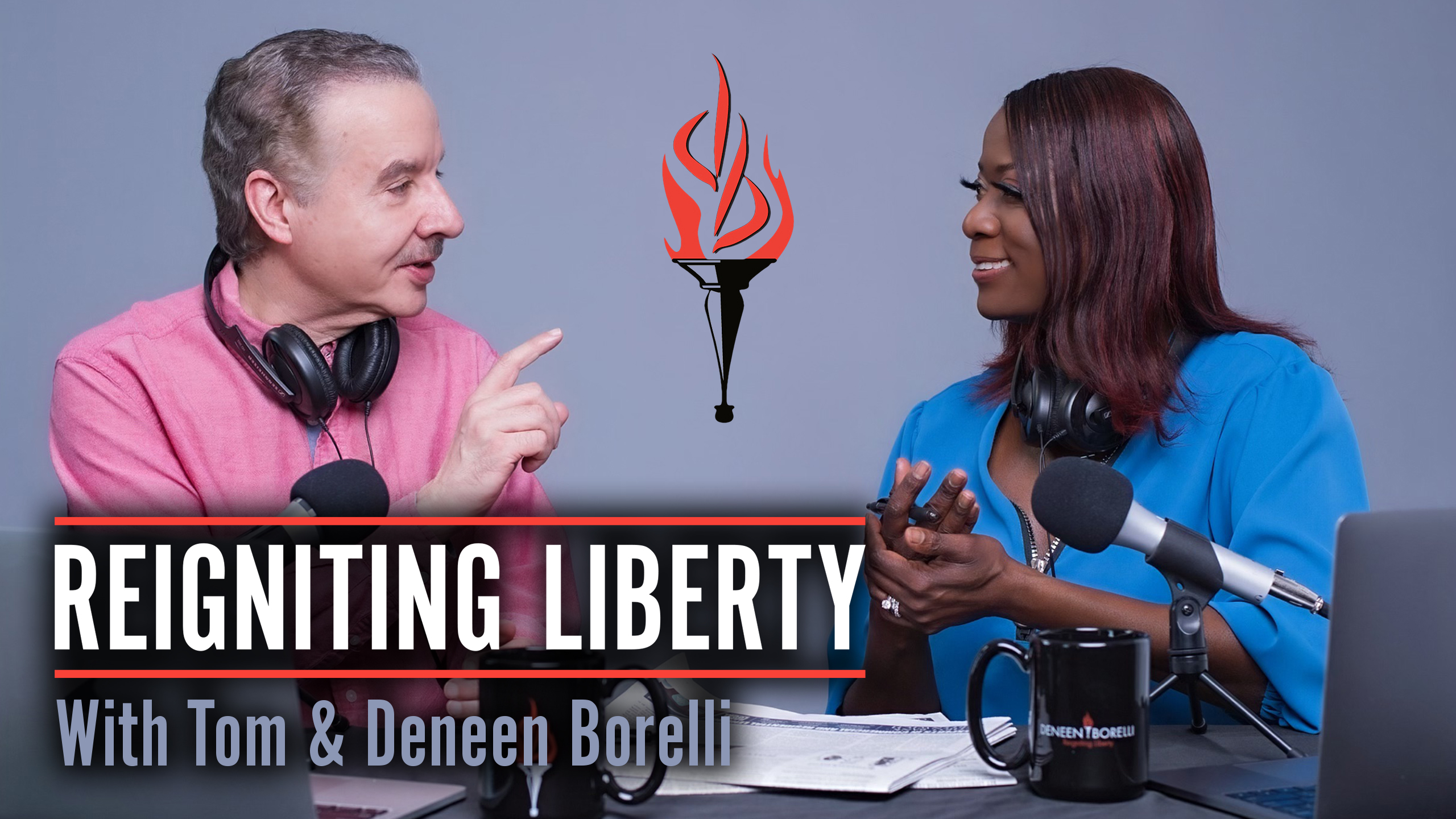Everything You Say is “Problematic” According to this University

Whatever you are saying right now, you are likely using words that are “problematic,” according to the University of New Hampshire. Not wrong, just…. “problematic.”
The University of New Hampshire has a “Bias-Free Language Guide.” As the document assures its readers, it “is not meant to represent absolute requirements of language use.” (Universities have tried imposing absolute requirements of language use, only to be struck down on First Amendment grounds.) So the guide should be understood not as an attempt at censorship, which would be illegal, but as a cutting-edge statement of p.c. language norms. It indicates that the list of terms that can give offense has grown quite long indeed.
Some of the assumptions in the guide may confuse readers. For instance, the guide instructs, “avoid stereotypes and words that are derived from negative assumptions e.g., using the expression ‘going Dutch’ for ‘splitting the bill.’” The document does not delve into the question of whether splitting the bill is itself a bad thing. But mostly, the list is just extremely long.
Here are some “problematic” phrases with recommended substitutes, for example:
Preferred: person living at or below the poverty line, people experiencing poverty
Problematic/Outdated: poor person, poverty-stricken personPreferred: person of material wealth
Problematic: rich
Being rich gets conflated with a sort of omnipotence; hence, immunity from customs and the law. People without material wealth could be wealthy or rich of spirit, kindness, etc.Preferred: people of size
Problematic/Outdated: obese*, overweight peoplePreferred: person who is blind/visually impaired
Problematic: blind person, “dumb”Preferred: U.S. citizen or Resident of the U.S.
Problematic: American
It’s not clear exactly how a “blind person” is different from a “person that is blind.”
But it is clear that the politically correct speech police has officially lost its mind. Or as the guide probably says somewhere, “they are experiencing mind loss.” Or something.







